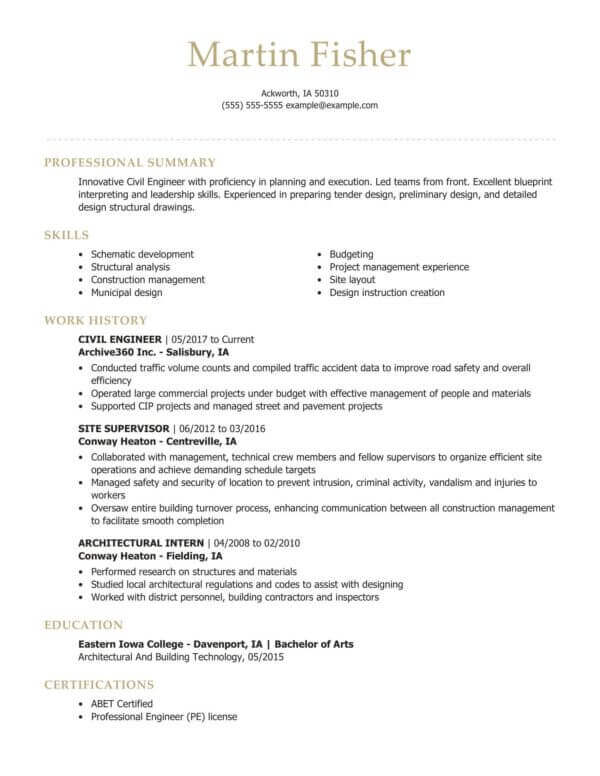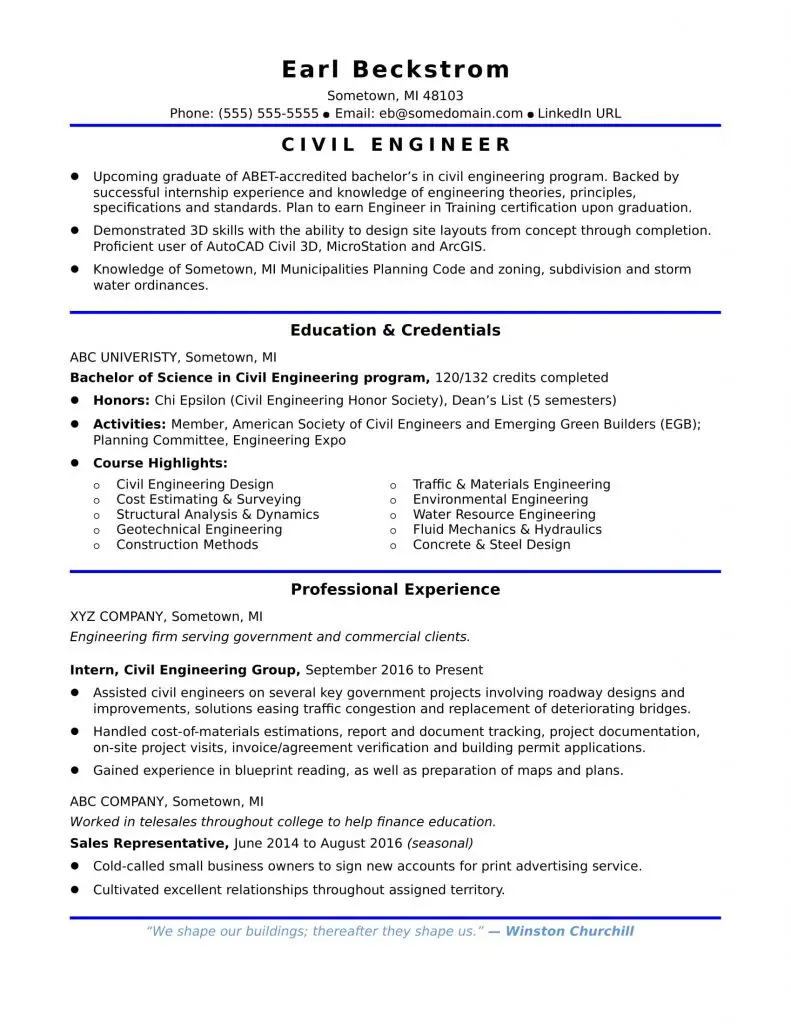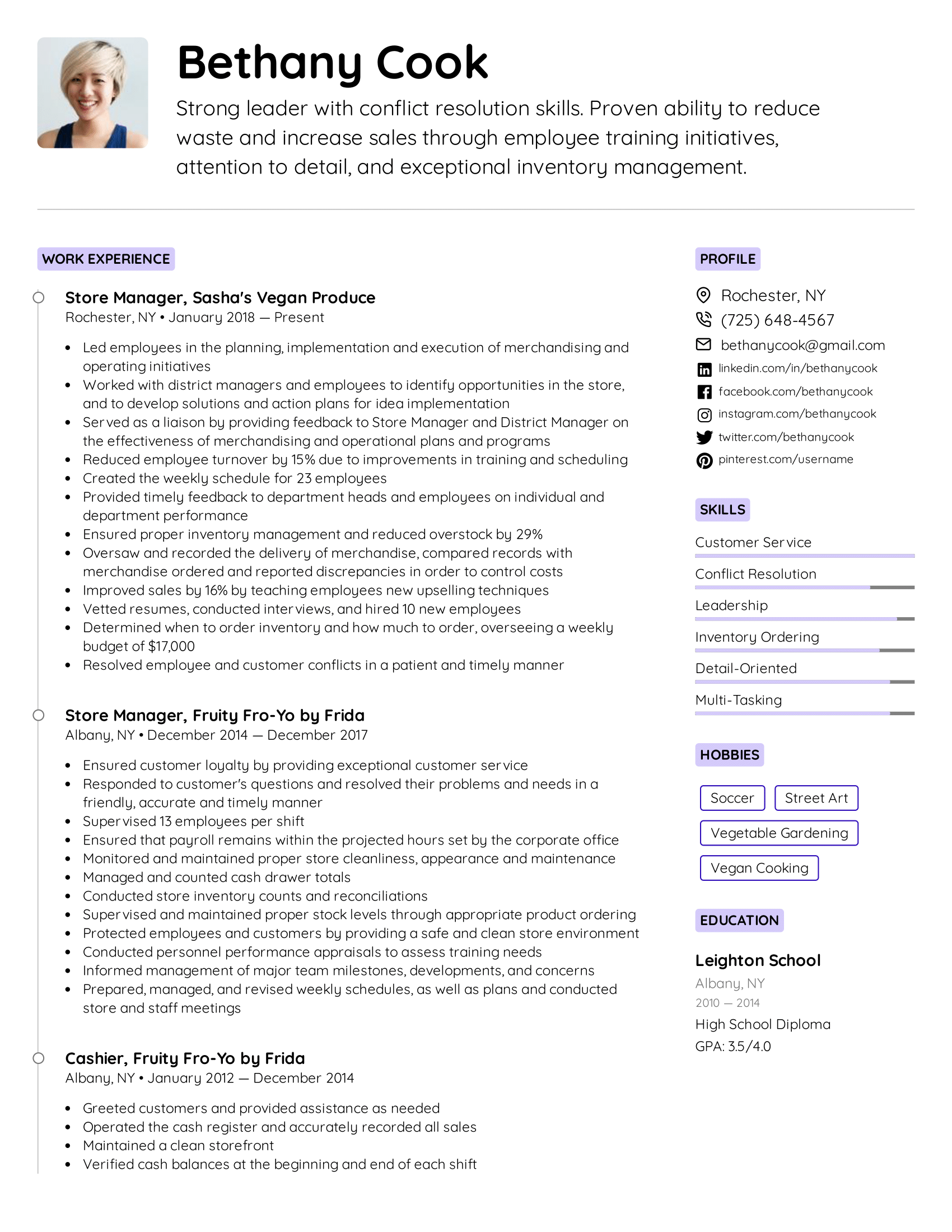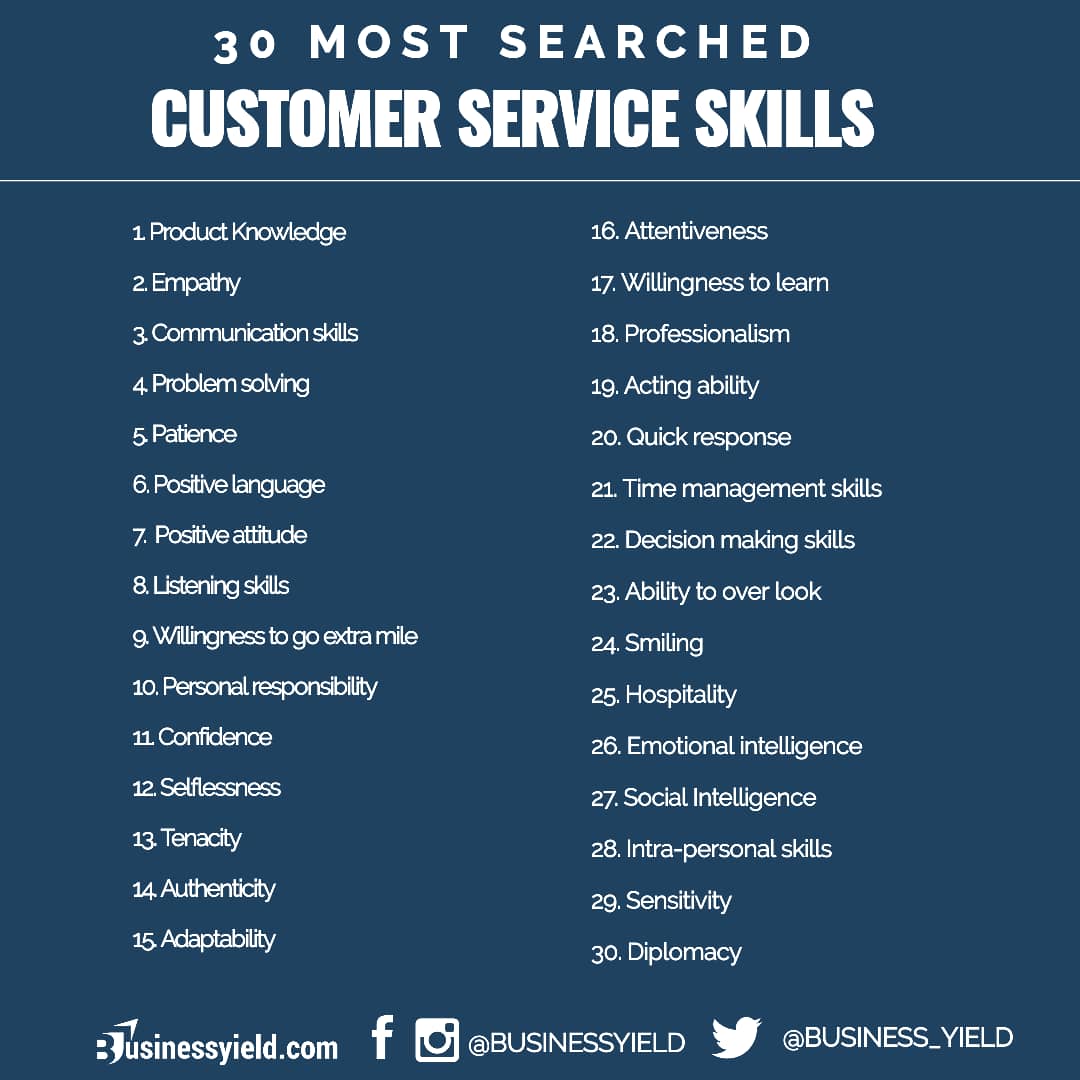Resume samples for civil engineer in the philippines filipiknow
Table of Contents
Table of Contents
Are you interested in pursuing a career as a civil engineer? Do you want to learn more about the skills required to excel in this field? Look no further. In this article, we will delve into the various skills required of civil engineers and provide insights on how these skills can be developed.
Challenges Faced by Civil Engineers
Civil engineering is a challenging profession that requires a variety of technical and interpersonal skills. From designing and analyzing structures to managing complex projects, civil engineers must be versatile and adaptable in order to succeed. One of the biggest challenges faced by civil engineers is staying up-to-date with the latest technologies and building practices.
What Are the Skills Required of Civil Engineers?
Civil engineering is a multifaceted field that requires a wide range of skills. Some of the key skills required of civil engineers include:
- Math and Science Proficiency
- Technical and Analytical Skills
- Communication and Interpersonal Skills
- Problem-Solving and Critical Thinking
- Managerial and Organizational Skills
- Attention to Detail and Accuracy
- Creativity and Innovation
- Leadership and Teamwork
In addition to these technical and interpersonal skills, civil engineers must also be knowledgeable about different software that helps in their work, for example, AutoCAD and 3D printing software.
Skills of a Civil Engineer and their Target
One of the essential skills of a civil engineer is strong communication and interpersonal skills. As a civil engineer, you will be working with a team of other professionals such as architects, contractors and so on. Therefore, the ability to work effectively with others and communicate your ideas and plans is essential. It’s also important to be a good listener and empathetic, as this will help you to understand the needs and concerns of your team members and clients.
 Another important skill of a civil engineer is problem-solving. Civil engineers must be able to identify potential problems and develop creative solutions that address these issues. This requires critical thinking, attention to detail, and the ability to work under pressure to meet tight deadlines.
Another important skill of a civil engineer is problem-solving. Civil engineers must be able to identify potential problems and develop creative solutions that address these issues. This requires critical thinking, attention to detail, and the ability to work under pressure to meet tight deadlines.
Leadership and Project Management Skills of a Civil Engineer
As a civil engineer, you will often be responsible for managing large projects with multiple teams and stakeholders. Therefore, strong leadership and project management skills are essential. This includes the ability to delegate tasks effectively, manage resources and budgets, and ensure that projects are completed on time and within budget.
 Additionally, civil engineers must be able to adapt to changing circumstances and new technologies. This requires continuous education and training to ensure that they are up-to-date with the latest trends and innovations that can improve the efficiency and effectiveness of their work.
Additionally, civil engineers must be able to adapt to changing circumstances and new technologies. This requires continuous education and training to ensure that they are up-to-date with the latest trends and innovations that can improve the efficiency and effectiveness of their work.
Importance of Continuous Learning for a Civil Engineer
Continuous learning is essential for civil engineers to stay up-to-date with the latest trends and innovations in their field. Civil engineers must be prepared to adapt to new technologies and techniques in order to ensure that they are providing the best possible service to their clients and stakeholders. By investing in their education and training, civil engineers can enhance their skills and stay ahead of the curve.
Question and Answer
Q: What are the educational requirements for becoming a civil engineer?
A: Most civil engineers have a bachelor’s degree in civil engineering or a related field. Some employers may also require a master’s degree or additional certifications depending on the specific job requirements.
Q: What are some of the key software programs used by civil engineers?
A: Some of the most popular software programs used by civil engineers include AutoCAD, STAAD.Pro, RISA 3D, and SketchUp.
Q: How long does it take to become a licensed civil engineer?
A: The licensing requirements for civil engineers vary by state, but typically require a combination of education, work experience, and passing the Fundamentals of Engineering (FE) and Professional Engineering (PE) exams. This process can take several years to complete.
Q: What are some of the biggest challenges facing civil engineers today?
A: Some of the biggest challenges facing civil engineers today include adapting to new technologies, managing large and complex projects, and addressing environmental concerns such as climate change and sustainability.
Conclusion of Skills Of Civil Engineer
Civil engineering is a demanding but rewarding profession that requires a diverse skill set. From technical proficiency to strong interpersonal skills and leadership abilities, civil engineers must be versatile and adaptable in order to succeed. By investing in continuous learning and staying up-to-date with the latest trends and technologies in their field, civil engineers can stay ahead of the curve and provide the best possible service to their clients and stakeholders.
Gallery
Civil Engineer Resume Example | Kickresume

Photo Credit by: bing.com / kickresume technician skills nostri scritto redattori specificamente posizione esperti
Civil-engineer-skills - NIJobs Career Advice

Photo Credit by: bing.com / engineer
Professional Civil Engineering Resume Examples | LiveCareer

Photo Credit by: bing.com / skills livecareer engineers freshers applying customize
Civil Engineering Skills You Need To Develop As An Engineer

Photo Credit by: bing.com / civil engineering skills engineer need develop project
Resume Samples For Civil Engineer In The Philippines – FilipiKnow

Photo Credit by: bing.com / vitae objective internship undergraduate philippines objectives fresher desain headline menulis bagi unik guna aneka inspirasi engineers goals bsc resumes gawe





